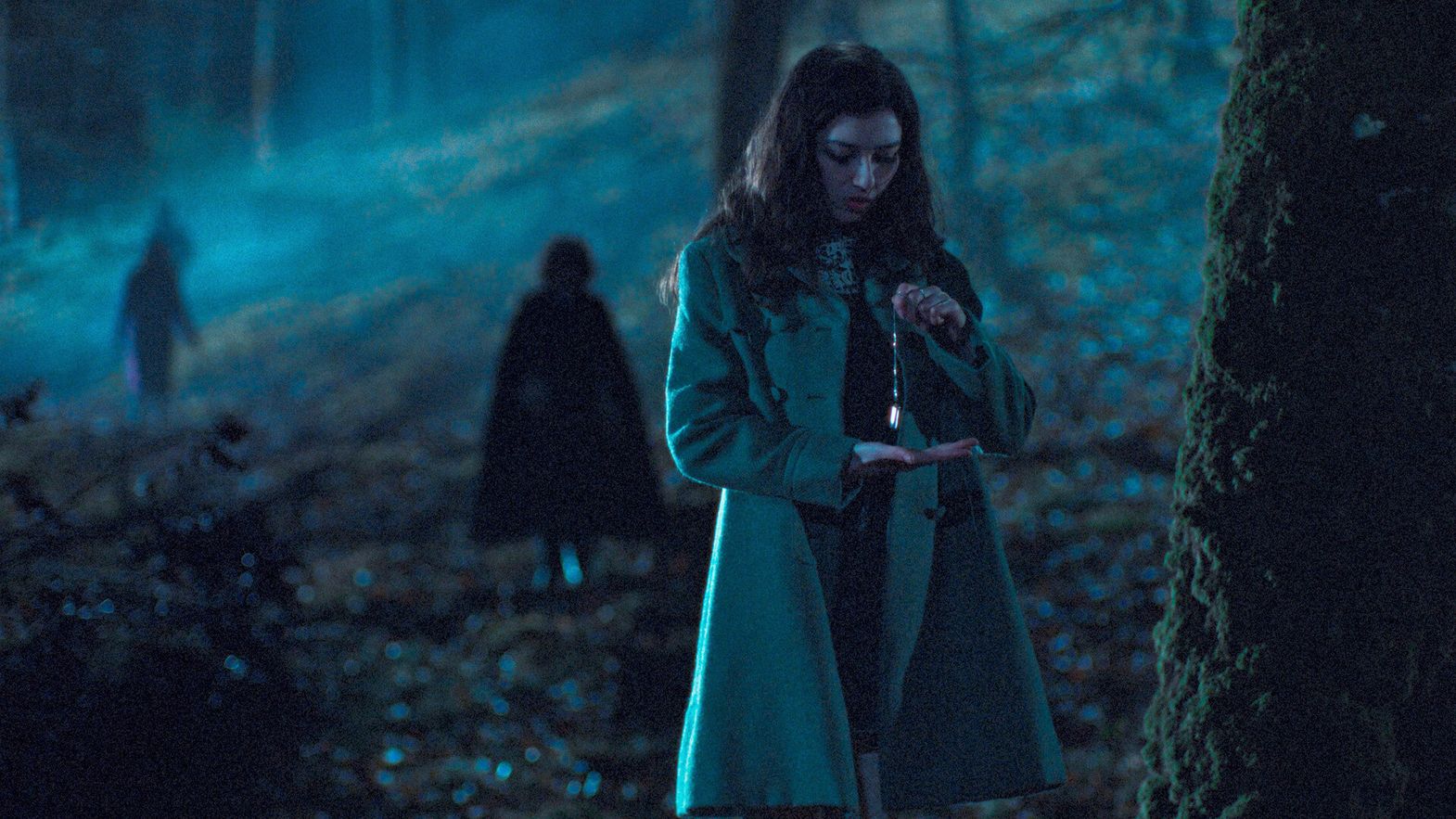 ©Easy Tiger
©Easy Tiger
1967, during Shrove Tuesday: originally a pagan festival marking the end of winter, it is also the Catholic holiday on the eve of the beginning of Lent with Ash Wednesday. Françoise (the charming Léonie Dahan-Lamort, discovered in Locarno in Stella est amoureuse, presented in competition at the Festival in 2022) is 17 years old, and a resident of a strict Catholic high school. The 1968 revolution has not yet arrived. Convinced she has only one night left before her death, she sneaks away with her friend Delphine (Lilith Grasmug) to go to a fancy-dress party and live this night as if it were her last.
For his first feature film, which flirts with the fantastic, French director Romain de Saint-Blanquat has chosen a romantic, gothic setting in which the locations - a monastic school, an abandoned villa and a nocturnal forest in the middle of winter - are of the utmost importance. By elegantly manipulating the classic elements of the genre (chapel, lace, crucifix, fire, cobwebs, black and red colors) he hijacks their codes and the result.
These young people, each wanting to emphasize their difference and affirm their identity, wander through a bluish night in search of their desire, believing in their inevitable death. "Si tu savais que demain tu vas mourir" (If you knew that tomorrow you would die), Manou's song, fascinates Françoise because of its similarity to her own obsession. A highly sought-after soundtrack accompanies the film and these young people's desire to live intensely.
More than a genre film, La Morsure, which won the screenplay prize for the Prix à la Création de la Fondation Gan, is a delicate approach to an age bordering on adulthood. To do this, the editing alternates unreal visions and real situations, showing Françoise's confusion, haunted by magical thinking.
One enjoys creating pictorial and literary correspondences with the film, in particular by thinking of the party in Alain-Fournier's book, Il grande Meaulnes, as much for the setting of the party as for the feeling of a certain unreality and the fascination that these two high school students feel for a foreign world that fascinates and frightens them.
Mathilde Henrot